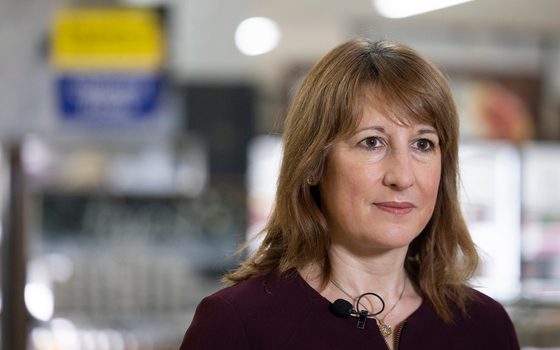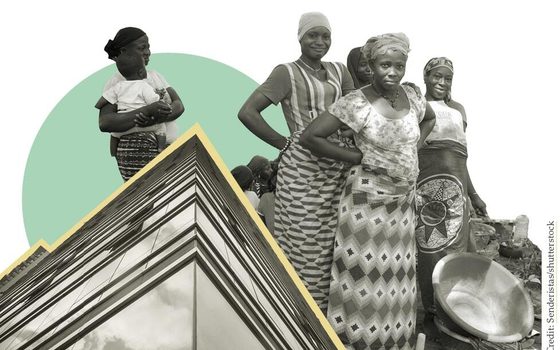Bottom fifth of taxpayers will see income tax rate rise by over 11 percentage points due to threshold freezes
Government raising £26bn through tax hikes for lower earners but is withdrawing cost of living support this spring
12 August 2023
The freezing of tax-free allowances since 2021 will result in the effective tax rate rising five times more for lower earners compared to higher earners in three years, according to analysis from the New Economics Foundation (NEF), published today. The analysis finds that these effective tax rises on the lowest earners will lead to the government raising an extra £26bn in tax revenues in 2024/25.
As chancellor in 2021, Rishi Sunak froze the amount an individual could earn without paying tax, at £12,570. NEF analysis finds that if this threshold had kept pace with inflation, an individual in 2024 will not have to pay tax on the first £15,260 that they earn. This freeze means that individuals who pay income tax will be paying an extra £540 a year to HMRC.
The analysis finds that freezing the personal tax allowance has led to an effective tax rise that hits lower earners hardest. An individual earning £20,000 a year would effectively see their income tax go up by over 11 percentage points between 2021 and 2024, while an individual earning £40,000 would see an increase of just 2 percentage points. Those who earn just above the income tax thresholds are paying the highest effective tax rate. This means that a teaching assistant has seen their income tax increase five times more in less than three years, compared to a starting management consultant.
Since national insurance thresholds were equalised with income tax in 2022, these thresholds have also been frozen. In combination, this means the average household is paying £900 more in taxes each year, equivalent to a 4.8% basic income tax rise, the analysis finds.
NEF argues that, rather than raising taxes on lower earners, wealth tax rises could support the reduction of inflation rates and ease the impact of the cost of living crisis on struggling households. The analysis recommends that the government use the £26bn raised through freezing tax thresholds for immediate relief from the high cost of living for low-income households at the sharp end of the cost of living crisis. This £26bn could fund direct payments to families who need it most to help everyone afford the basics. NEF recommends that, going forward, the government raise taxes on wealth rather than those on lower incomes.
Dominic Caddick, economist at the New Economics Foundation (NEF), said:
“In the midst of this cost of living crisis, the lowest earning taxpayers have been hit with a double whammy. Their taxes have effectively risen faster than middle-income earners, and this government has not used its tax revenues to ease the burden of sky-high energy bills, rents and food prices. Why are those at the sharp end of the cost of living crisis being asked to pay more, while the wealthy are left alone? With cost of living support expiring in the spring, this government needs to get serious about increasing taxes on the very rich to give us all more economic security.”
Notes
The New Economics Foundation is a charitable think tank who are wholly independent of political parties and committed to being transparent about how it is funded.
The new research can be found at https://neweconomics.org/2023/08/people-on-the-lowest-incomes-are-paying-tax-on-even-more-of-their-salary-under-this-government from 00.01 Saturday 12 August 2023.
In April 2021 the tax free allowance was set at £12,570 and that figure is set to remain the same until 2027.
NEF calculates that freezing the tax-free allowances of income tax and national insurance would be equivalent to a 4.8 percentage point increase in the basic rate of income tax in 2024/25, from 20% to 24.8%. This estimate has been calculated using the IPPR Tax-Benefit Model updated for August 2023 Bank of England inflation and earnings growth projections. The personal allowance of income tax has been uprated in line with inflation from its 2021/22 value, increasing the personal allowance in 2024/25 from £12,570 to £15,260. A similar process has been applied to National Insurance, with the personal allowance also set at £15,260 in 2024/25. To ensure calculations are applicable to the entire UK, 4.8 percentage points were also added to Scotland’s starter, basic and intermediate rates of income tax, currently set at 19%, 20% and 21% respectively.
Reference for distribution of taxpayers taken from the Survey of Personal Incomes, updated for earnings growth.
Topics Macroeconomics Inequality






